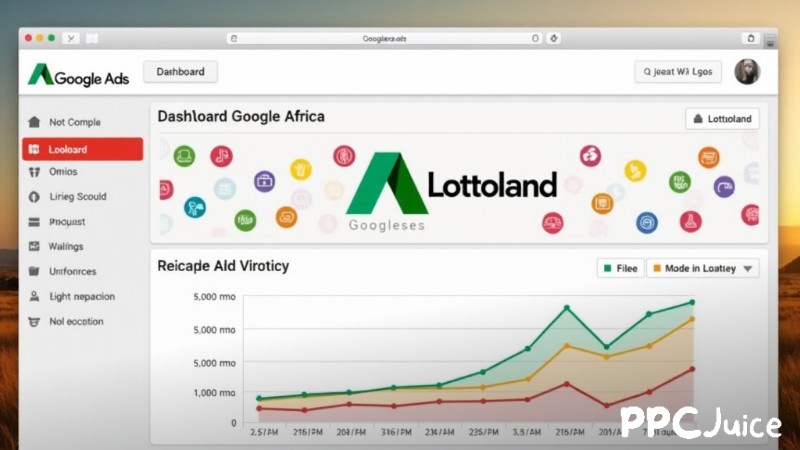
The Competition Appeal Tribunal has decided that a £7 billion case against Google can move forward. Nikki Stopford, a consumer advocate, filed the complaint, alleging that Google has exploited its market dominance in search engines by raising advertising prices, which drives up expenses for users. The wider implications of this legal action on Search Engine Marketing (SEM) and the digital marketing sector as a whole are a matter of worry.
Key Takeaways
A £7 billion lawsuit against Google may have significant implications for Search Engine Marketing (SEM) as companies adapt to changing market conditions.
- Google’s dominance in search engine advertising can drive up costs for businesses, making it essential to work with professionals who can create cost-effective plans and optimize campaigns.
- To succeed in SEM, businesses must focus on crafting relevant ad copy, targeting the right audience, and improving landing pages to increase conversions and Ad Rank.
- Companies should use customized advertising, conduct thorough keyword research, and regularly evaluate campaign performance to achieve long-term success in search engine marketing.
Search Engine Marketing (SEM): An Overview
Businesses utilise search engine marketing (SEM), a digital advertising technique, to raise their profile in search engine results pages. Businesses can draw in new clients who are actively searching for their goods or services by focusing on particular keywords and search terms.
SEM, which operates on a pay-per-click (PPC) basis, enables advertisers to only pay when users engage with their adverts. Because of this, it’s an affordable way to bring in targeted visitors to a website, which helps companies boost sales and conversions. Working together with knowledgeable SEM specialists can optimise these campaigns’ efficacy and yield the best outcomes.
Google’s impact and SEM’s continued relevance
Companies have many difficulties as a result of Google’s dominance in search engine advertising, especially when it comes to bidding for keywords and ad positions. The search engine giant’s auction-based system, which ranks adverts according to criteria including quality score, anticipated click-through rates, and landing page quality, is crucial in deciding which adverts show up.
Working with professionals who can create economical plans for controlling advertising costs and allocating resources optimally is essential for companies hoping to be successful in search engine marketing. In order to boost their Ad Rank and raise the possibility of conversions, businesses must concentrate on crafting captivating ad copy, ensuring accurate targeting, and establishing flawless landing pages. This is because Google’s system rewards adverts that are extremely relevant to the searcher’s goal.
Furthermore, SEM is still a vital tool for companies looking to generate leads and drive instant website traffic, even in the face of Google’s market dominance. Businesses must use customised advertising, conduct in-depth keyword research, and consistently improve their SEM strategies if they want to succeed in the long run.
SEM also gives companies the option to track and evaluate campaign results in real time. Because of this capability, businesses may make well-informed decisions and modify their campaigns to achieve the best possible outcomes.
Navigating SEM challenges amidst Google’s dominance
A comprehensive approach is necessary for businesses to overcome the difficulties presented by Google’s dominance in search engine advertising. This entails conducting thorough keyword research to find relevant terms, creating eye-catching, superior adverts, improving landing pages for increased user experience and conversion rates, and regularly assessing campaign performance to make data-driven improvements. It is also crucial to regularly test and optimise bidding tactics and ad wording through experimentation.
Businesses can better handle this complexity and enhance their search engine marketing outcomes by collaborating with an experienced SEM provider. Utilising long-tail and negative keywords can also help cut down on wasted ad spend, resulting in more cost-effective and focused campaigns with higher returns on investment.
Conclusion
The latest decision against Google highlights how companies must modify their marketing plans in response to shifting market conditions and leverage focused search engine marketing techniques to stay ahead of the competition.
Firms may successfully negotiate these intricacies and attain long-term success in the digital sphere by understanding the potential and difficulties within SEM in the face of Google’s dominance. Staying informed about industry changes, working with experienced SEM professionals, and utilising data-driven insights are crucial to overcoming these challenges and achieving growth.

